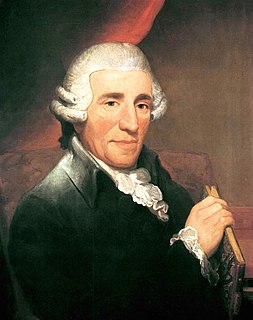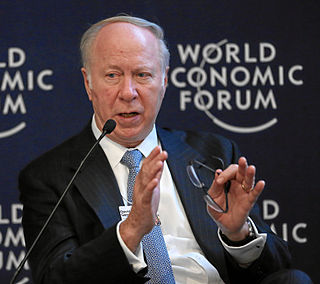A Quote by David Greenberg
It's actually quite common for presidents to believe that future generations will render a verdict on their presidencies that is more lasting or definitive than the judgments of their contemporaries. The reason is that although history is certainly "an argument without end" - we're still debating many age-old questions - time does help settle others.
Related Quotes
We all have a little weakness, which is very natural but rather misleading, for supposing that this epoch must be the end of the world because it will be the end of us. How future generations will get on without us is indeed, when we come to think of it, quite a puzzle. But I suppose they will get on somehow, and may possibly venture to revise our judgments as we have revised earlier judgments.
They say that 'history is an argument without end.' In Thompson's skillful hands, this momentous argument between two old friends on the most critical issue of the last century is thus history at its best. Thompson's judicious and delicious depiction of Nitze and Kennan will fascinate anyone who cares about the Cold War or the ways that human beings shape the future.
I can imagine no man who will look with more horror on the End than a conscientious revolutionary who has, in a sense sincerely, been justifying cruelties and injustices inflicted on millions of his contemporaries by the benefits which he hopes to confer on future generations: generations who, as one terrible moment now reveals to him, were never going to exist. Then he will see the massacres, the faked trials, the deportations, to be all ineffaceably real, an essential part, his part, in the drama that has just ended: while the future Utopia had never been anything but a fantasy.
Do not believe what you have heard Do not believe in tradition because it is handed down many generations Do not believe in anything that has been spoken of many times Do not believe because the written statements come from some old sage Do not believe in conjecture Do not believe in authority, or teachers, or elders But after careful observation and analysis, when it agrees with reason and it will benefit one and all, then accept it and live by it.
Considering that future generations will be far better off than current generations even after accounting for climate change, it would be more equitable for today's industrialized world to help solve the real problems facing today's poorer developing world than to mitigate climate change now to help reduce the burden on future populations that would not only be wealthier but also technologically superior.
It's actually a tribute to the quality of economics teaching that they have persuaded so many generations of students to believe in so much that seems so counter to what the world is like. Many of the things that I'm going to describe make so much more common sense than these notions that seem counter to what one's eyes see every day.
To be a science fiction writer you must be interested in the future and you must feel that the future will be different and hopefully better than the present. Although I know that most - that many science fiction writings have been anti-utopias. And the reason for that is that it's much easier and more exciting to write about a really nasty future than a - placid, peaceful one.
Politics is like watching football. Yes, you can see it directly on your screen, but I think a lot of people want to have some understanding of what's happening, why the play is unfolding the way it is, and I think that's where it can help them, not to render judgments but to help people make their own judgments in a more informed way.
It may be something that future generations are more open to, but I am pretty confident that for the foreseeable future, using the argument of nondiscrimination, and "Let's get it right for the kids who are here right now," and giving them the best chance possible, is going to be a more persuasive argument.
If men are discharged of reverence for ancient usage, they will treat this world, almost certainly, as if it were their private property, to be consumed for their sensual gratification; and thus they will destroy in their lust for enjoyment the property of future generations, of their own contemporaries, and indeed their very own capital.







































